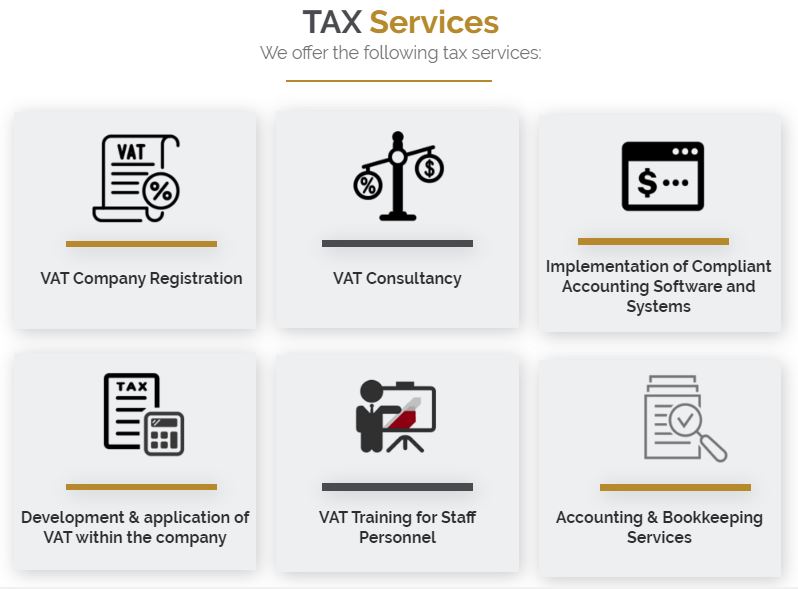
You should take into account several things when selecting an investment advisor. You will learn about fiduciary responsibility, conflicts, hourly rates, retainer fees, and Fiduciary liability. This is why it is important to choose an investment adviser who adheres to these regulations. Your advisor should be registered with the Securities and Exchange Commission (SEC) or the state securities agency.
Fiduciary responsibilities
A fiduciary duty requires investment advisors to act in the client's best interests and disclose material facts to avoid conflicts of interest. A breach of fiduciary duty can result in financial liability and civil liability. Excessive trading or inappropriate margin trading are examples of breaches of fiduciary duty. False representations about securities are also examples.
Fiduciary duty means that advisors must act in the best interest of clients, keeping the client at the center of their decisions. This means that they must ensure that the advice they give is appropriate for the client's needs. To do so, the advisor must obtain sufficient information about the customer's financial situation. Fiduciaries generally decide what is in the client's best interests, then discuss it with the client.
Conflicts of interests
Potential conflicts of interest should be disclosed by investment advisers to clients. This disclosure must include details about the nature of any conflict, how it is managed, and how advisers will mitigate it. It must be disclosed at time of initial recommendation as well as every time an adviser recommends an investor hold an investment. The circumstances surrounding the relationship between the client and adviser will determine whether an adviser has a conflict.

Conflict of interest is when financial interests of the client and an investment advisor are not compatible. An example of this is when an investment professional may have a financial incentive for a client to buy a certain security. The advisor gets a commission when an investor purchases the security. Advisors will therefore tend to look for investments that are likely to generate the highest commissions.
Hourly rates
Investment advisors might charge hourly rates, flat fee, or any other arrangement for the time they spend working with their clients. These fees are typically disclosed upfront. Before paying, clients are advised to ask for a bill. Hourly rates vary depending on the advisor's experience and specialty. More experienced advisors charge more.
Firms offering investment advice are fond of the hourly fee structure. When the service is one-time, the hourly fee is affordable. If you require ongoing management, a flat fee or a percentage may be better.
Retainer Fees
Although the commission-based model of financial advisors is attractive, it may not be the best choice for all clients. Advisors who are commission-based earn commissions from the sale of clients' financial products. These products could include insurance, stocks, and mutual funds. Retainer-based advisors do not charge commissions and can be more transparent.
Retainer-based financial advice is a great way to avoid conflicts of interests. The advisor is paid an amount equal to one percent or two percent of the value of the client's portfolio. If a client has a portfolio worth $500,000, the advisor would be paid $5,000 to $10,000 annually. This type arrangement is not recommended as it could lead to conflicts of interest. Additionally, retainer-based financial advisers can earn ancillary income by implementing a client’s investment plan.

Choose an investment advisor
Choosing an investment advisor is one of the most important financial decisions you can make. You should choose someone who is registered, accredited, has a track of success, and can offer you advice and products. You should also choose a professional who is a member of the Investment Industry Regulatory Organization of Canada (IIROC), which regulates all investment dealers in Canada and monitors compliance.
There are many different types. Ultimately, choosing the right one for your organization will depend on your specific goals. Although past success doesn't guarantee future results a solid relationship with an advisor can help build trust and honesty. Look for someone who communicates frequently with clients and is focused on long-term goals instead of making emotional decisions.
FAQ
How can I find clients for my consulting business?
It is important to identify an area of passion. It can be anything you like, including public relations or social media. If you don't feel passionate about it, you might need to start small with web design. Once you find the right niche, it is important to know what makes it tick. What problems does this solve? Why should people use this? How can you help them?
You could also approach businesses directly. Perhaps they are looking for someone who can help them understand SEO and content creation or just need advice on social media strategy.
If all else fails offer your services for free at networking events and conferences. You'll meet many potential customers without spending money on advertising, and you'll be able to show off your skills.
What qualifications do you need to be a consultant?
You don't just need to have a MBA, you also need to demonstrate your ability as a business consultant. You should have at least two years of experience in consulting and/or training for a major company.
It is essential that you have experience working closely with senior management on strategic development projects. This means you'd have to be comfortable presenting ideas to clients and getting buy-in.
You will also need to pass a professional qualification test such as the Chartered Management Institute Certified Management Consultant certification (CMC).
Is it necessary to pay taxes on consulting income
Yes. Taxes will be charged on consulting profits. This amount will depend on how much you earn each year.
If you are self employed, you can claim expenses in addition to your salary. This includes rent and childcare.
However, you can't deduct interest payments for loans, vehicle depreciation or the cost to purchase equipment.
Only 25% of your expenses can be claimed back if you make less than PS10,000 annually.
But even if you're earning more than this threshold, you might still be taxed depending on whether you're classed as a contractor or employee.
Employers are taxed via PAYE (pay as your earn), and contractors through VAT.
What contracts are available for consultants?
When consultants are hired, they sign standard employment agreements. These agreements detail the length of the consultant's contract with the client, the amount he/she is paid, and other important details.
Contracts can also indicate the areas of expertise that the consultant will concentrate on and the compensation they will receive. For example, the agreement may say that the consultant will provide training sessions, workshops, webinars, seminars, etc.
Sometimes, the consultant simply agrees that a specific task will be completed within a set time frame.
Consultants often sign independent contractor contracts in addition to their standard employment agreements. These agreements allow the consultant to work independently but still receive payment for his/her efforts.
How did modern consultancy come about?
The first consultants were accountants that helped companies manage finances. They became known as "accounting consultants." This was because they had become very skilled at managing financial information. They soon expanded their roles into other areas like human resources management.
The French word for "to advice" was the inspiration behind the term "consultant." This was used by businessmen as a way to describe someone who could provide guidance on running an organization. In fact, most business owners today still use the word consultant when referring to any kind of professional advisor.
Statistics
- On average, your program increases the sales team's performance by 33%. (consultingsuccess.com)
- My 10 years of experience and 6-step program have helped over 20 clients boost their sales by an average of 33% in 6 months. (consultingsuccess.com)
- According to IBISWorld, revenues in the consulting industry will exceed $261 billion in 2020. (nerdwallet.com)
- According to statistics from the ONS, the UK has around 300,000 consultants, of which around 63,000 professionals work as management consultants. (consultancy.uk)
- "From there, I told them my rates were going up 25%, this is the new hourly rate, and every single one of them said 'done, fine.' (nerdwallet.com)
External Links
How To
What does a typical consultant's day look like?
Your work type will determine the length of your day. But generally speaking, you will spend time researching and planning new ideas, meeting clients, and preparing reports.
Meetings are a common way to discuss problems and issues with clients. These meetings can be done over the phone or via email.
You may also be asked to prepare proposals, which are documents outlining your ideas and plans for clients. You will need to discuss these proposals with a mentor or colleague before you present them to clients.
After all the planning and preparation you will have to put your efforts into creating some content. You could write articles, design websites, edit photos or conduct interviews.
Depending on your project's scope, it may be necessary to do research to get relevant statistics. For instance, you might want to find out how many people you have and if they are buying more than just one product or service.
Once you have gathered enough information, it's time to present your findings to clients. You can either present your findings in writing or orally.
You must also follow up with clients following the initial consultation. You might contact them regularly to check on their progress or send them emails to confirm they have received your proposal.
This process takes time, but it's important to ensure that you stay focused and maintain good relationships with clients.